Mosquitos are on the rise in Delhi. There is a 50% increase this year over last year. The intersecting forces of climate change, urbanization, and the decay of residual DDT in the environment have contributed to this rise. Local authorities “missed” mounting preventive measures because this Genus of mosquitoes is not known to contribute to malaria and other mosquito-borne illnesses health measures are graded upon. However, the sheer volume of mosquitoes is causing havoc and potentially other consequences as streets are filled in the evening with toxic smoke from fires made from plastic bags, trash, and cow dung to keep the insects at bay. The infestation is so bad that at night people are having trouble sleeping and children are missing school due to lack of sleep. Also, this mosquito is known to carry diseases like zika and a type of encephalitis.
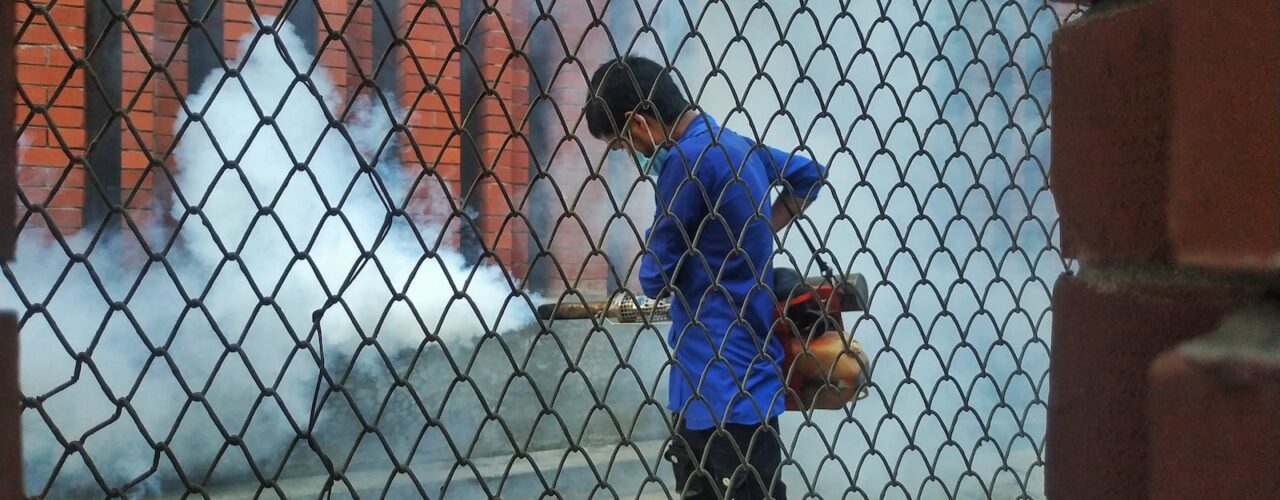
So what?
When we don’t deal with the root cause issues of climate change, for example, spraying for one type of mosquito known to cause one type of disease because it is one metric of health success (rate of malaria), we miss the bigger picture of the impact of climate-related illnesses. Furthermore, this signal speaks elegantly of the intersecting issues of poverty/health/climate change/social services and the need to think about solving systemic issues (climate crisis) vs singular focus issues (malaria rates).
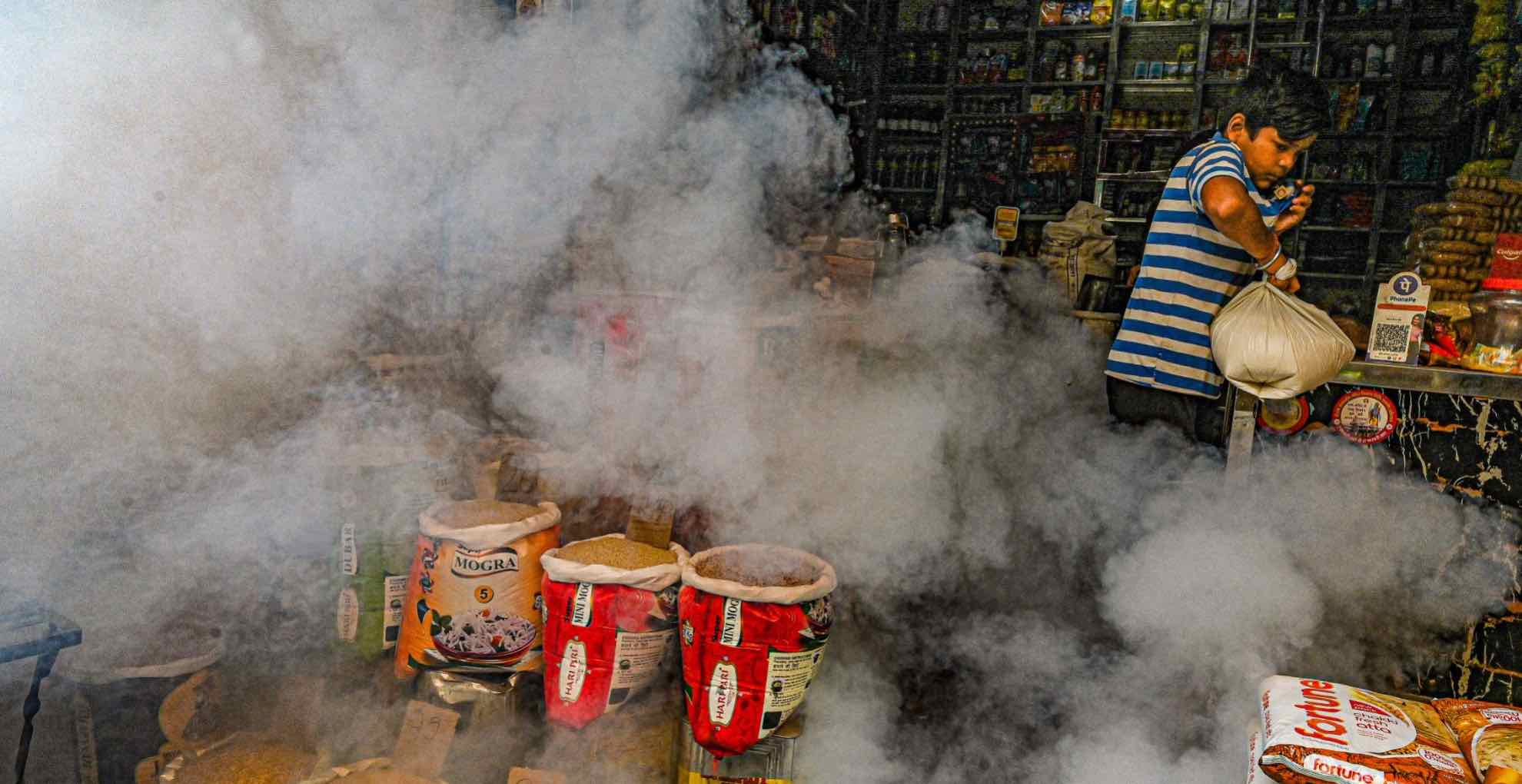

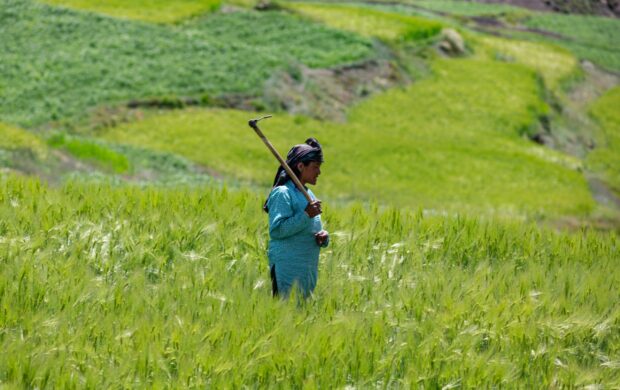

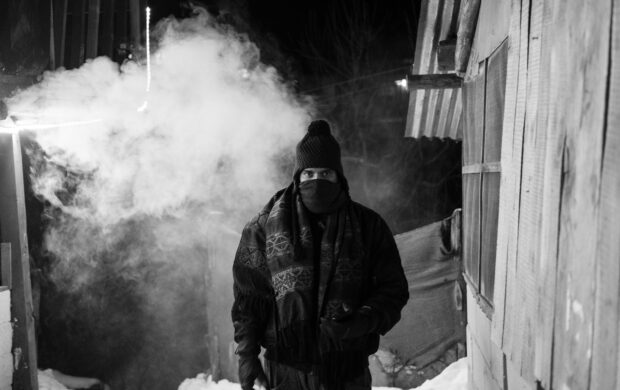



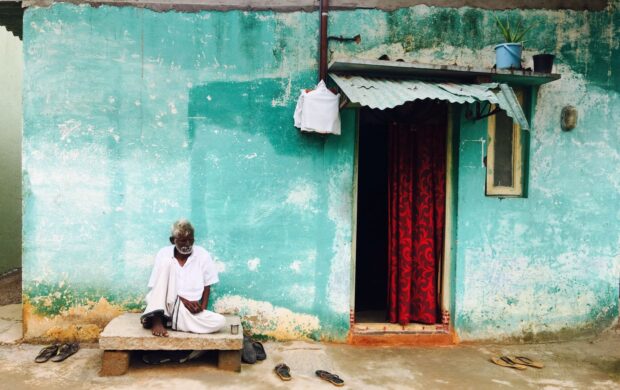




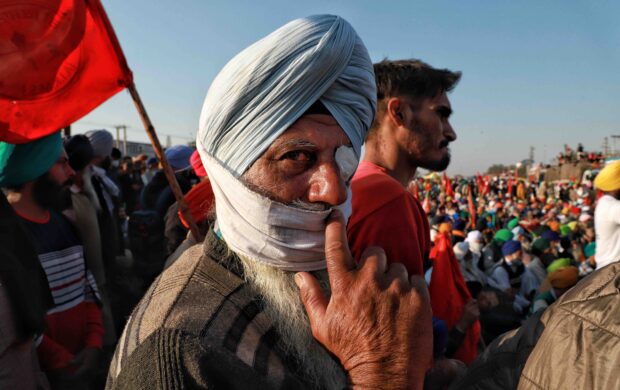

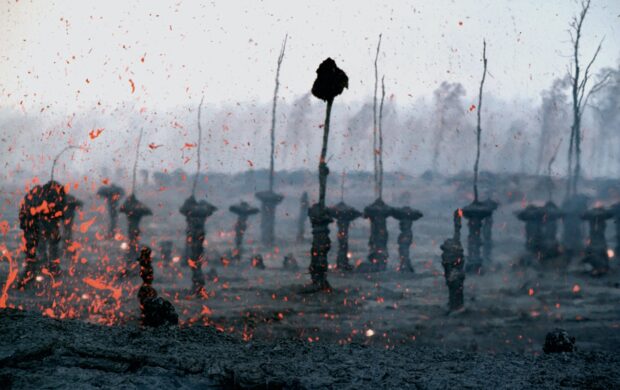
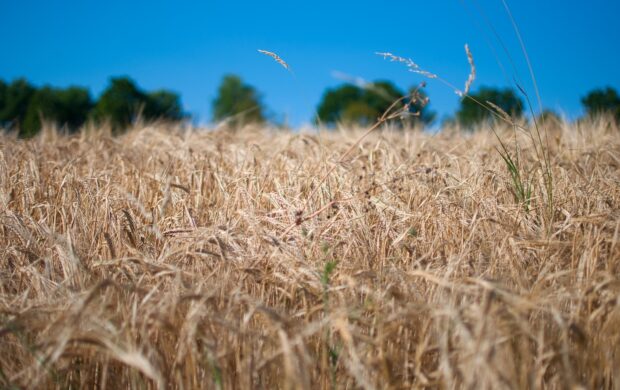



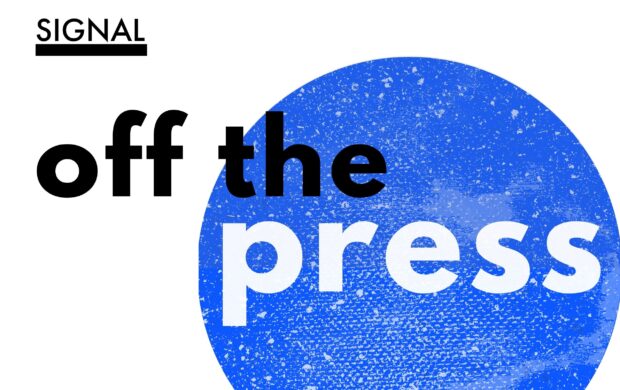
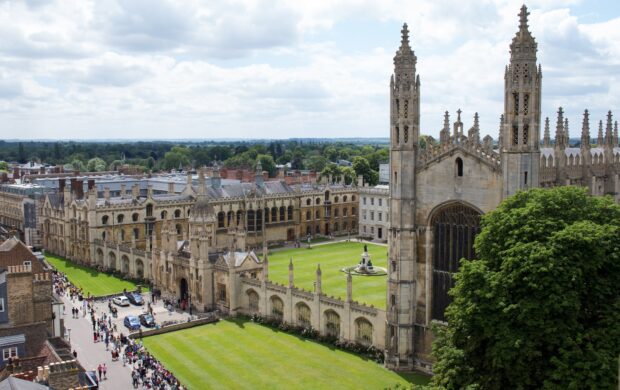

Join discussion